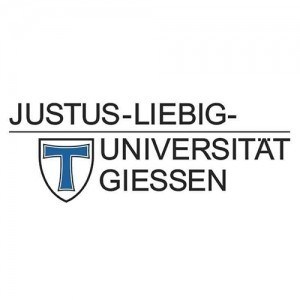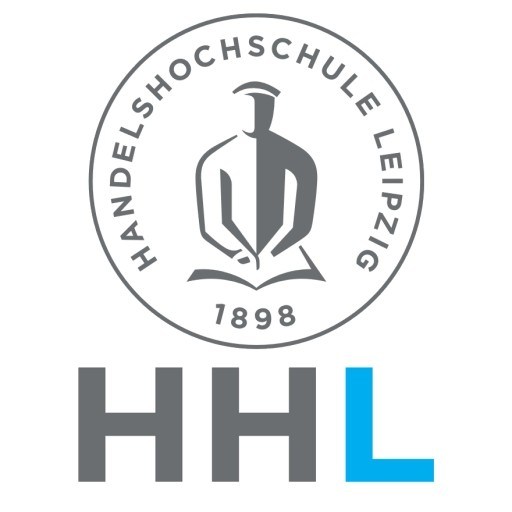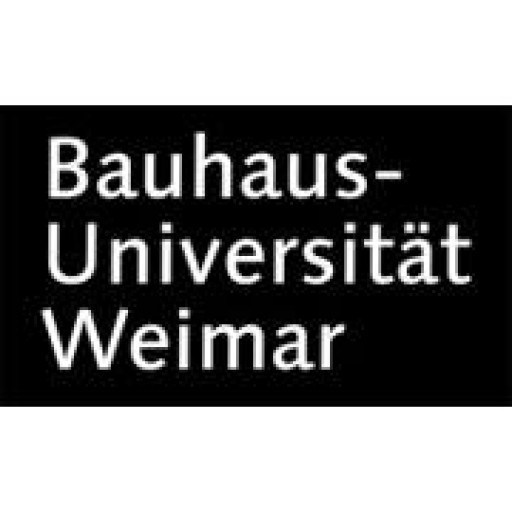Photos of university / #unifreiburg
Master of Science in Sustainable Systems Engineering (MSc SSE)
Science and engineering are basic tools to achieve a sustainable development, also in domains like ecology, economics and society.
Description of Degree Programme
The Master's programme in Sustainability Engineering is designed for highly qualified graduate students holding a Bachelor‘s degree in engineering or science. It provides an in-depth knowledge in fields like
- sustainable materials
- energy systems (especially renewable energies)
- resilience
- natural resources
- sustainable economics
- technology and society.
The successful completion of the Master's programme qualifies for a career in research, as well as head positions in industries of conventional and renewable energy, supply companies and infrastructure operators for mobility or energy.
CurriculumThe Curriculum is sorted by terms or areas.
|
From 20 March on you can apply for the coming winter semester via the online application portal. After that, print the pdf document, sign it and send it by regular mail (not by e-mail) to the address below mentioned - together with the following documents:
- A certified and (if necessary) translated copy (German or English) of your undergraduate diploma. If you have not yet completed your undergraduate studies, a certified transcript of marks is sufficient.
- A certified and (if necessary) translated copy (German or English) of your transcript of marks showing all courses taken and marks obtained as well as the current average grade.
- Proof of English proficiency (TOEFL, IELTS or Cambridge Certificate)
- Motivation letter (highly recommended)
- GRE test (not compulsory, but recommended for applicants from abroad)
- Curriculum vitae or résumé (optional)
- APS certificate (only for applicants having studied in China, Mongolia or Vietnam)
Additional documents that can be useful to submit: University entrance exam result from your home country (if applicable), GATE result (India), certificate about your rank in class, certificate about the average grade of your batch.
* Language certificates:
- The following English language certificates are accepted: TOEFL, IELTS, Cambridge Certificate of Proficiency in English, Cambridge Certificate of Advanced English.
- Only native speakers from the U.S.A., U.K., Australia, New Zealand and Canada or students who studied and completed their Bachelor's in one of these countries are exempted from submitting an English language certificate. A confirmation that the medium of instruction at your university was English is not sufficient.
- The minimum IELTS score (academic IELTS) required is 6.0. The minimum TOEFL score required is 78.
- IELTS and TOEFL scores should be sent by the testing centre to the University of Freiburg (institutional code 7125 for ETS; the address for IELTS is the same as for your application). Alternatively, you may send a certified hard copy.
The Financing of the Renewable Energy Engineering and Management program at the University of Freiburg is structured to support students through a combination of tuition fees, scholarships, public funding, and private financial aid options. As a public university in Germany, Freiburg offers comparatively low tuition fees for international students, which are typically around 1,500 euros per semester for international students, although this can vary slightly depending on the specific program and student nationality. These fees cover administrative costs, access to university facilities, and various academic resources.
In addition to tuition, students may incur expenses related to living costs, including accommodation, health insurance, study materials, and personal expenses. The University of Freiburg encourages students to seek external scholarships and funding sources such as the DAAD (German Academic Exchange Service), which offers various scholarships for international students pursuing engineering and management studies. The university itself may have limited internal scholarship programs available for outstanding students, which can significantly offset costs.
Germany has a strong tradition of public funding for higher education, making studying more affordable compared to many other countries. Furthermore, international students can access part-time work opportunities during their studies, subject to visa regulations, to supplement their income. Loan programs are also available through various financial institutions, offering competitive interest rates for students who choose to finance their education through borrowing.
For students from EU countries, access to funding comes with similar conditions as German students, including eligibility for certain scholarships and financial aid programs. Non-EU students should explore specific visa regulations concerning work and funding options in Germany. The university provides comprehensive guidance on financing options through its student services and financial aid offices, aiming to make renewable energy engineering education accessible and affordable. Overall, the combination of moderate tuition fees, scholarship opportunities, part-time work possibilities, and public support forms a robust financial framework to support students enrolled in this innovative and sustainable program at the University of Freiburg.
Renewable Energy Engineering and Management at the University of Freiburg is an interdisciplinary master's program designed to prepare students for careers in the rapidly evolving field of renewable energy. The program combines technical engineering skills with management and economic understanding, enabling graduates to develop, implement, and oversee sustainable energy solutions. The curriculum covers a range of topics including photovoltaics, wind energy, bioenergy, hydroenergy, energy storage, smart grids, and renewable energy system integration. Emphasis is placed on fostering innovative thinking, project management, and sustainable development principles to equip students with the necessary competencies to address global energy challenges. The program often incorporates practical training, project work, and collaborations with industry partners, providing students with real-world experience. Language of instruction is primarily English, attracting an international cohort. Students can expect to engage in research projects, field trips, and seminars led by experts in the renewable energy sector. The university's facilities support cutting-edge research and practical training, such as laboratories and simulation environments. Graduates of the program are prepared for roles in engineering, consulting, policy-making, and management within the renewable energy industry, contributing to the transition towards sustainable energy systems worldwide. Admission requirements typically include a relevant undergraduate degree in engineering, physics, or a related field, along with proficiency in English. The program duration is generally two years, leading to a Master's degree, which is recognized internationally and can open pathways for doctoral research or employment across various sectors associated with renewable energy.








